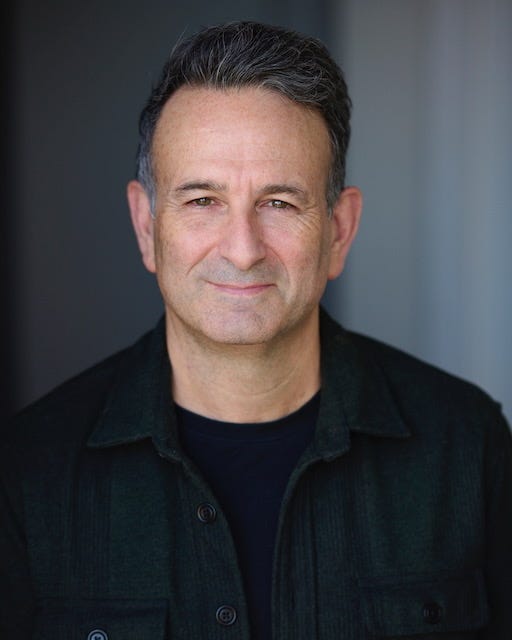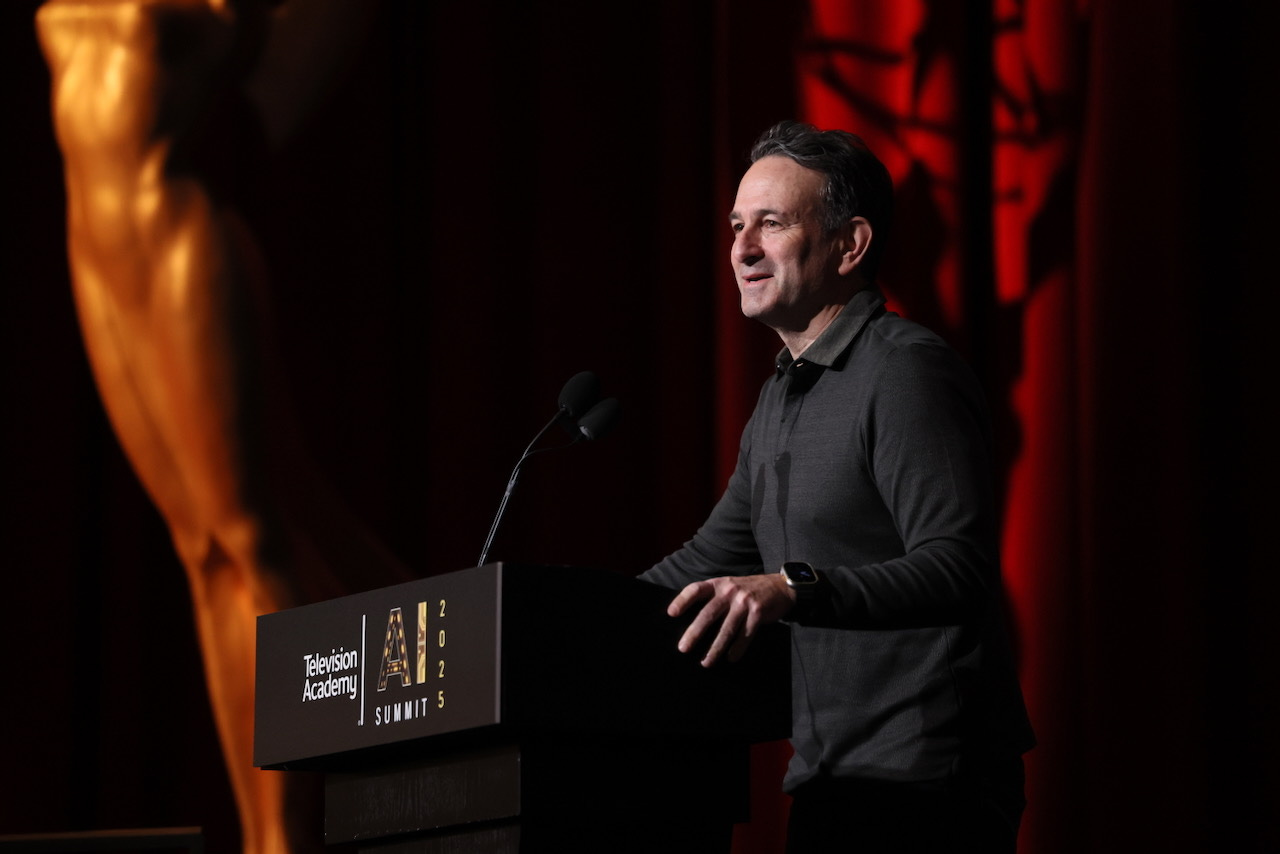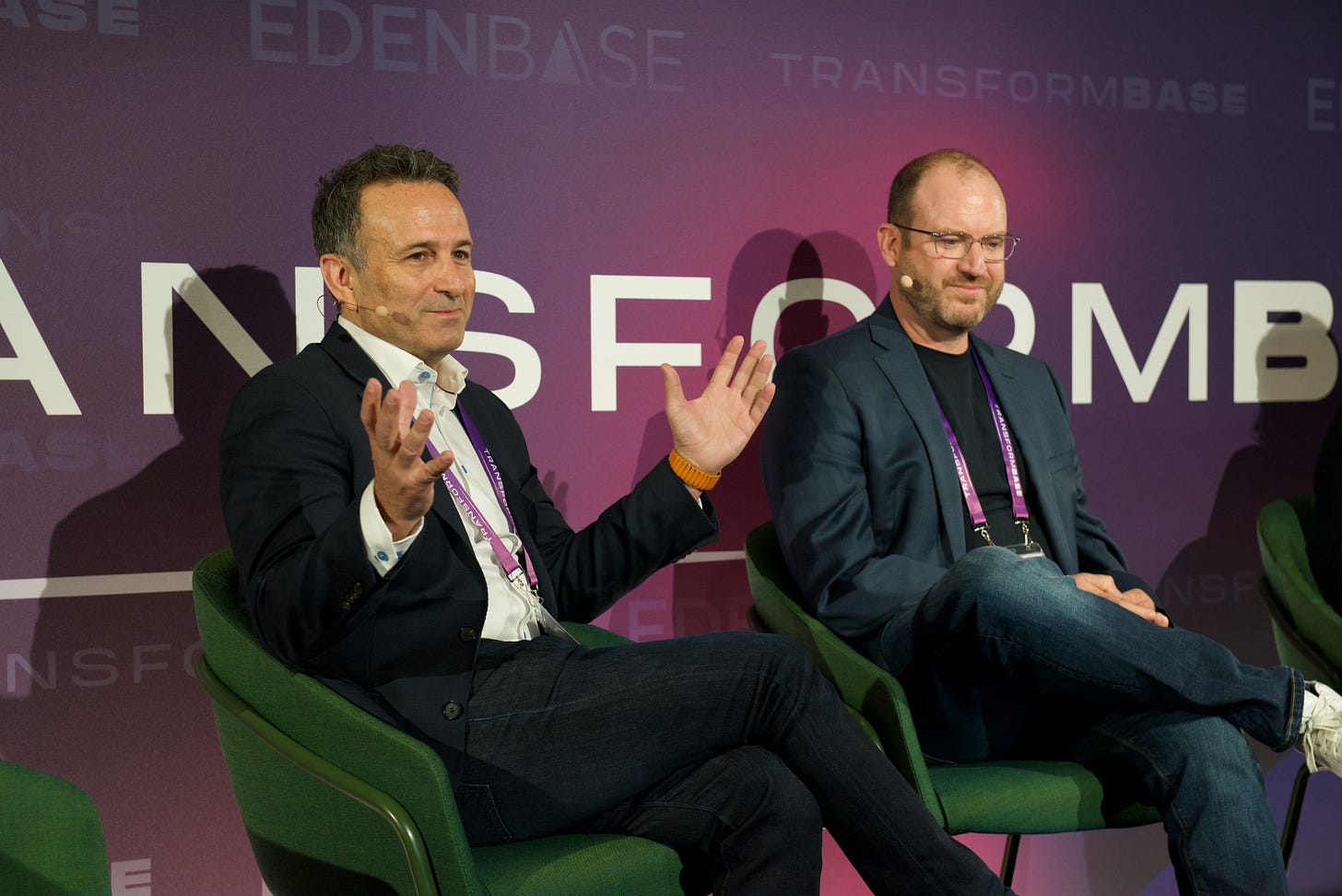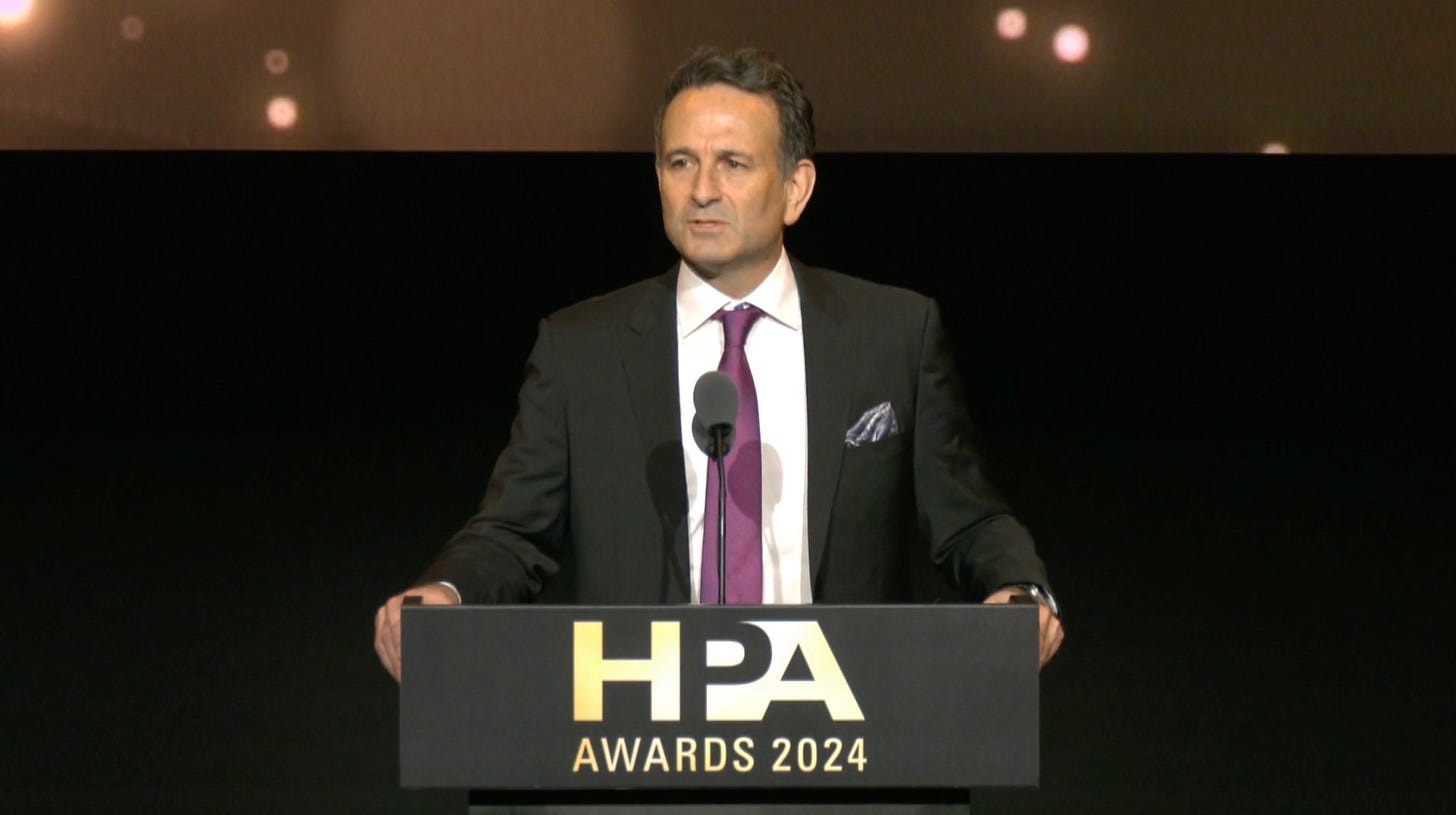Recently, I sat down with Seth Hallen, an expert on AI in Media & Entertainment. He’s the former President of the Hollywood Professional Association (HPA), current member of the AI Task Force at the Academy of Television Arts & Sciences, Founder and Managing Partner of Hallstone Ventures, and (I’m lucky to say) an advisor of Hiike. We talked through trends in AI, economics, and where the film and entertainment industry is heading.
I know many filmmakers feel uneasy about AI's impact on the industry, and trust me, I get it. There's definitely a balance of risks and rewards here, but Seth offered a perspective that I think helps clear up some of the confusion and fear.
It's the Economics, Not Just AI
According to Seth, the real challenges Hollywood faces aren't simply about AI or even the recent strikes:
“What nobody was talking about was the root issue, which is the economics of creating, distributing, and monetizing, especially scripted narrative, long-form content.”
He emphasized how streaming platforms like Netflix dramatically changed the game by introducing a subscription based revenue model, disrupting the traditional box office and licensing revenue streams. Unlike traditional studios, streaming platforms focused less on direct revenue per project and more on overall subscriber growth and retention:
“Streaming introduced a whole different economic model… it was all about revenues on the platform, fundamentally different from traditional studios.”
This new approach made it significantly harder for studios and creators to gauge profitability and navigate financial viability, especially as streaming giants like Netflix initially operated with massive debt to aggressively capture market share.
The recent industry strikes, Seth explained, primarily emerged from tensions around streaming residuals, with AI serving as an additional pressure rather than the core cause.
Can AI Actually Help Filmmakers?
Here's the good news: Seth strongly believes AI won't replace creative jobs but rather serves as a powerful tool that enhances creativity. He offered an interesting perspective about AI’s role in the ideation phase of filmmaking:
“AI looks creative… but remember, it’s only recreating. Human imagination and inspiration come from emotional experiences we've had as humans. That’s not something a machine can do.”
Specifically, Seth highlighted how AI can significantly assist filmmakers in early-stage creative processes, often the most time-consuming and exhausting part of production. AI tools have the potential to rapidly generate visuals, story concepts, and even preliminary scene layouts, effectively reducing initial creative hurdles:
“One of the most powerful applications is helping creators with that early stage concept process, hugely time consuming but fundamentally necessary.”
Though we didn't cover this in our conversation, there's also been a massive rise in new technologies across the entire filmmaking process. For example, I recently wrote about Herman Phillips, founder of Cinapse, who's revolutionizing set scheduling for AD’s by making it more efficient and collaborative. This isn't directly AI-driven, but it’s still part of the broader tech advancements and efficiency-tech wave.
Another cool example? Olyn, a new distribution platform integrated with blockchain technology to reshape the traditional streaming monetization models. Olyn gives filmmakers better revenue opportunities, aligning perfectly with Seth's optimistic vision of technology empowering creators. They even just secured the Beatles biopoic.
And of course, there’s Hiike. Hiike uses fundamental, yet basic machine learning models to streamline the often confusing and frustrating process of film festival submissions. By analyzing submission categories, specific festival requirements, and historical programming data, Hiike’s recommendation engine removes guesswork, significantly improving filmmakers’ festival strategies. While also not directly integrated with advanced AI technology, this kind of innovation likely wouldn't have happened without the broader push toward AI and data driven solutions.
A Brighter Future for Indie Filmmakers?
Listen, there’s major industry wide uncertainty, and things for sure feel dismal, but Seth remains optimistic. He predicts technology, particularly AI-driven platforms, will increasingly empower independent filmmakers, allowing them to directly engage with audiences and monetize their content more effectively:
“We're on the cusp of a revolution in fan engagement, distribution, and monetization for content creators. Founders are creating solutions where creators have a lot more influence and control.”
In practical terms, this means filmmakers could soon have more accessible tools for audience analytics, targeted marketing, and alternative monetization strategies that bypass traditional gatekeepers, democratizing distribution like never before.
Seth pointed out that this pattern of fear and eventual adaptation is nothing new. It’s a recurring theme throughout Hollywood’s history, from the introduction of television, cable TV, VHS and DVD formats, to the recent streaming revolution, and adoption of AI:
“Every technological turning point is met with fear… but people innovate, figure out how to use it, and then it expands the business.”
He provided examples of past innovations like television initially feared by the movie industry, only to expand the entertainment ecosystem dramatically, creating new content formats, revenue streams, and career opportunities.
Seth’s Advice? Don't Fear…Explore
If you're worried about AI's impact, Seth has actionable advice for filmmakers:
“Educate yourself. Lean into these tools, especially ones you think threaten you, and use them. You'll quickly discover what they can and cannot do, and I promise you'll be less afraid.”
AI is risky, and these conversations should not end anytime soon. We should explore all of the fear but also the rewards. By approaching it thoughtfully and proactively, with tangible experience exploring these AI tools, filmmakers can eventually adapt a more informed perspective turn what seems like a threat into a powerful ally for their creative projects.
Let's keep the conversation going. What do you think, what tools have you tried? Comment it below, or share the article with your thoughts.








